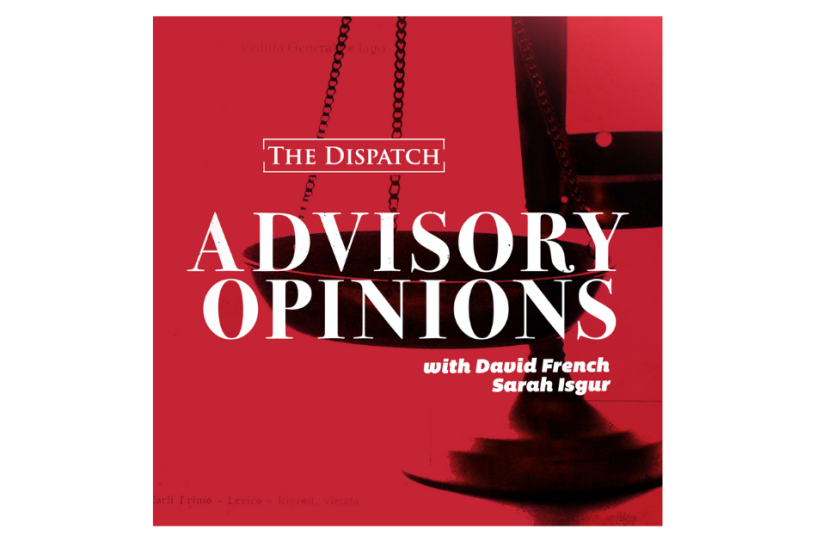Biden’s Supreme Court Commission Part II

It’s weeping and gnashing of teeth for David in today’s podcast as the Supreme Court deals a devastating blow to his dreams of abolishing qualified immunity. But Sarah saves the AO crew from despair by conducting another Supreme Court symphony regarding the Biden commission. Come for the despair, stay for the analysis, and relish a deep dive into Supreme Court reform.
Show Notes: